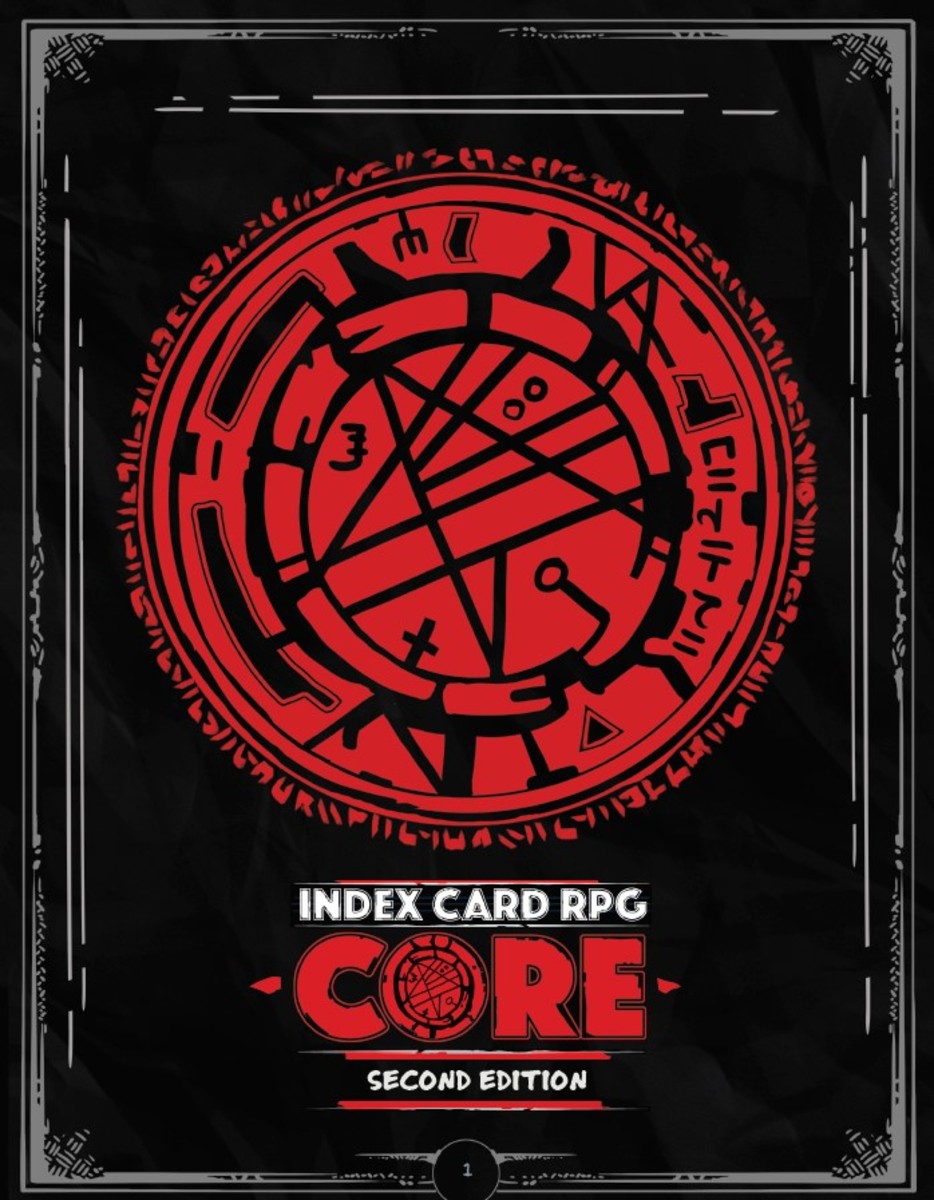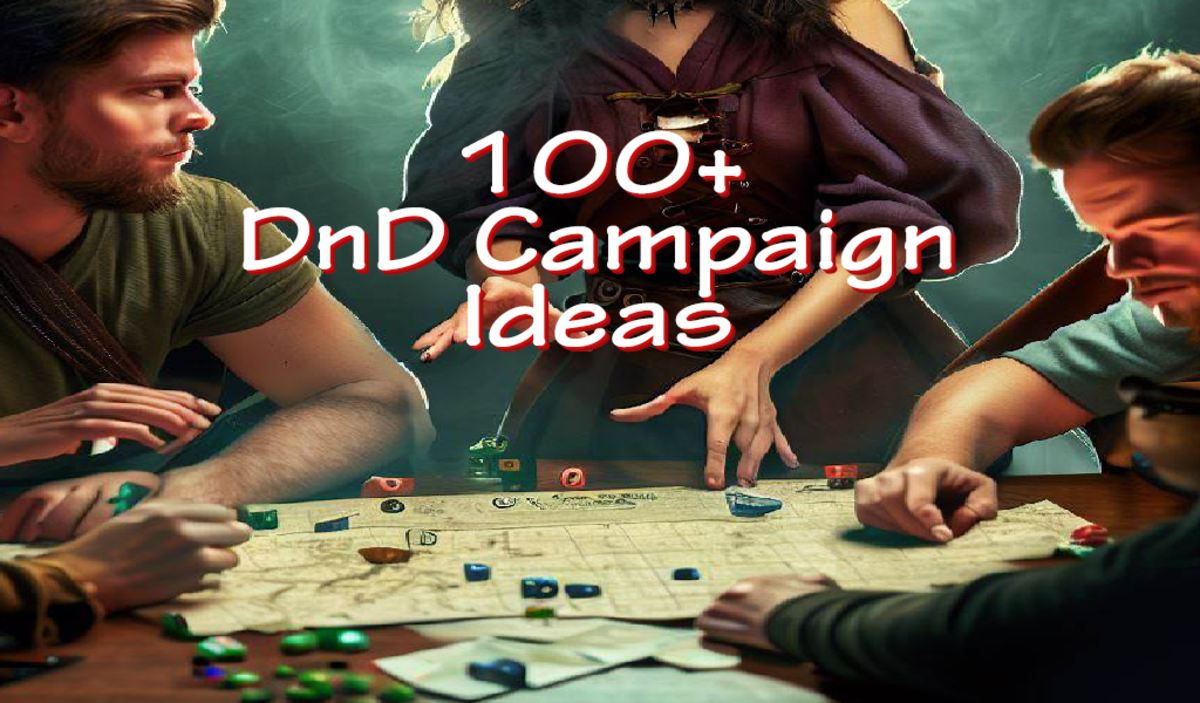- HubPages»
- Games, Toys, and Hobbies»
- Role Playing Games»
- General Roleplaying
Choosing a Role-Playing Game
So, you’ve got an idea what role-playing’s all about and you’ve found some people to play with. The next thing you need to do is figure out what game you’re going to play. There are hundreds of role-playing games to choose from, each with its own strengths, weak points, and quirks. There are a number of factors to consider when trying to determine which game is right for you and your group.
Genre
While there are several universal game systems (systems, like QAGS or GURPS, that can be adapted to any genre) available, most RPGs are designed with a particular kind of story in mind. Some games, like Spycraft, cover the broad aspects of a genre (in this case, modern action-adventure) and work well for a number of different settings and story types. Others, like
Call of Cthulhu, focus on a specific subject (role-playing in the world of H.P. Lovecraft’s fiction). Typically, more specific games don’t provide as much room for variation from the main premise, but their tight focus provides a much more detailed treatment of elements and concepts that are most important to the setting.
Style
The genre of a game can narrow down your options considerably, but most genres are still fairly broad. For example, Star Wars and Blade Runner are both science fiction stories, but other than Harrison Ford they have very little in common. The style of a game will help determine the character types, story focus, and themes that an RPG system will need to be able to handle. Is the game you want to run (or play) set in a world that’s bright and hopeful or dark and brooding? Do the characters have swashbuckling adventures complete with glib banter and flashy swordplay, or do they grimly fight for survival in a brutal world?

System
Unless the game you want to play is based on a particular intellectual property that has been adapted for role-playing, there’s a good chance that two or more games will fit the genre and style that you’re shooting for. Assuming that all of the contenders handle the genre and style you want equally well, the deciding factor as to which game to play will probably be system (game rules set) preference. Groups who want to focus mainly on the game aspect will typically want more detailed rules systems than those who prefer character development and storytelling. You’ll also need to consider how difficult it is to learn to play the game. Players who are new to role-playing or who don’t have a lot of time to commit to gaming will need a simpler system than experienced gamers who are willing to “do homework” outside of the regular game sessions.
Price
The final thing to consider when choosing which game you’re going to play is price. Some games can be played with a single rulebook that can be purchased in PDF format for under $20. Others require multiple books and can cost $100 or more for just the basics. For rules-heavy games that require a lot of cross-referencing, it’s often helpful to have multiple copies of core rulebooks. If a game’s price tag is more than your group is willing to spend, you’ll need to either consider another game or convince someone to lend you the books you need.
Once you’ve decided on the genre, style, system characteristics, and price point you’re looking for, you should be able to narrow your list of potential games down to a few contenders. The best way to decide which game will work best for you is to actually play the games. The best place to play lots of different games is at gaming conventions, but stores often have demo nights for popular games and you may even be able to convince other gaming groups that play the games you’re considering to let you sit in (or at least watch). If playing isn’t an option, you can also read reviews and actual play reports, download previews, listen to podcasts, and talk to other gamers (online or in person) to learn more about the games you’re interested in.
After you’ve researched the short list of possible games, get together with your group (who have hopefully been doing research of their own), discuss the options, and decide which game will work best for the type of role-playing experience you’re looking for. Once you’ve decided, pick up a copy of the rules and start learning how the game works. You’re almost ready to start playing.
© 2010 Steve Johnson





